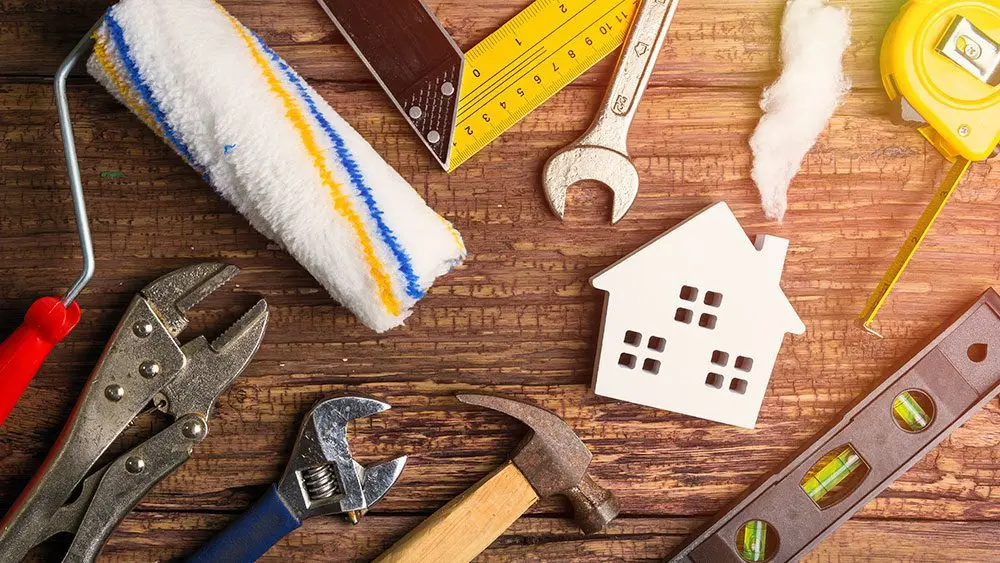Owning a home is exciting—it’s your space, your rules, and your investment. But it also comes with a lot of ongoing work. From fixing leaks to replacing filters, keeping your house in good shape takes time and money. The challenge? Many homeowners don’t plan well for these costs, which can lead to last-minute scrambles, unexpected expenses, or worse, debt. If you’re trying to manage your finances, especially if you’ve ever looked into debt relief companies or struggled with money, building a smart budget for home maintenance can save you headaches down the road.
The secret to successful home upkeep isn’t just about reacting to problems; it’s about planning ahead. When you budget for maintenance, you protect your home’s value, keep things running smoothly, and avoid costly emergency repairs. Here are some fresh ideas and practical tips to help you create a home maintenance budget that works.
Understand the True Cost of Homeownership
Most people think about their mortgage or rent when budgeting for housing, but home maintenance is a big piece of the puzzle too. Experts often recommend setting aside about 1% to 3% of your home’s value annually just for upkeep. That might sound like a lot, but when you break it down monthly, it’s easier to manage.
Keep in mind, this isn’t just for major repairs. Routine tasks like cleaning gutters, servicing your HVAC system, or checking smoke detectors also need attention and funds. When you view home maintenance as a regular expense—like utilities or groceries—you’ll be less surprised when costs arise.
Make a Seasonal Maintenance Checklist
One way to stay ahead is by breaking your maintenance tasks into seasons. For example, spring might be the time to inspect your roof and clear away debris, while fall could be for sealing windows and servicing the furnace.
Creating a seasonal checklist helps you spread out expenses and effort over the year, rather than trying to do everything at once. Plus, regular checks can catch small problems early, saving you money and stress later.
Build an Emergency Repair Fund
Even with the best planning, some repairs will come out of nowhere—like a busted water heater or sudden plumbing leak. Having an emergency fund specifically for these unexpected repairs is crucial.
Start small if you need to, putting aside a little money each month. Over time, this fund grows into a safety net, meaning you won’t have to rely on credit cards or loans that can lead to debt. If you’ve ever considered debt relief companies, you know how tough it is to bounce back from unexpected debt, so prevention here really matters.
Prioritize Repairs That Save Money Long-Term
Not all home repairs are equal when it comes to budgeting. Some, like fixing insulation or upgrading to energy-efficient appliances, might cost upfront but save you money on utility bills over time.
When planning your budget, consider these investments as ways to reduce ongoing costs. Over the years, energy savings can add up and help you recoup what you spent, making these repairs smart financial moves.
DIY When Possible—But Know When to Call a Pro
Taking care of minor repairs yourself can save money, especially if you enjoy tackling projects. Simple jobs like painting, fixing a leaky faucet, or replacing light bulbs are often manageable with a little research and patience.
However, some tasks require professional expertise—like electrical work, roof repairs, or major plumbing. Trying to DIY these can lead to bigger problems and higher costs. Budgeting for professional help when needed protects you from costly mistakes.
Use a Home Maintenance App or Planner
Technology can be your ally when budgeting for home maintenance. There are apps and online planners designed to track tasks, schedule reminders, and estimate costs.
These tools help keep you organized and aware of upcoming needs, making it easier to plan your budget and avoid surprises. Setting reminders for seasonal tasks can keep maintenance on your radar, even during busy times.
Review and Adjust Your Budget Regularly
Your home’s needs change over time, and so should your budget. After a big repair or improvement, review how it affected your finances and update your savings goals.
Life changes, like moving to a new home or facing unexpected expenses, might also impact your ability to maintain your house. Being flexible with your budget allows you to adapt without falling behind.
Budgeting for home maintenance is more than just setting aside money—it’s about building a proactive relationship with your home and your finances. By understanding costs, planning seasonally, building an emergency fund, prioritizing smart repairs, and using the right tools, you’ll create a system that keeps your house comfortable and your wallet healthier.
Taking control of your home maintenance budget helps avoid stress, protects your investment, and keeps you off the path to debt. After all, a well-maintained home is not just where you live—it’s a foundation for your financial peace of mind. What step will you take today to start budgeting smarter for your home?
Also Read-Harnessing Technology for Efficient Home Management


